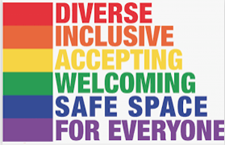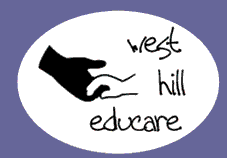 |
 |
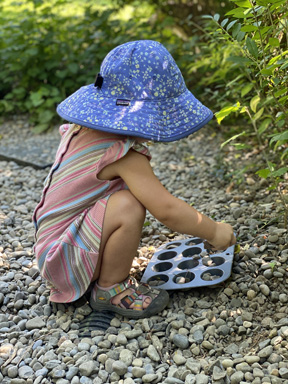 |
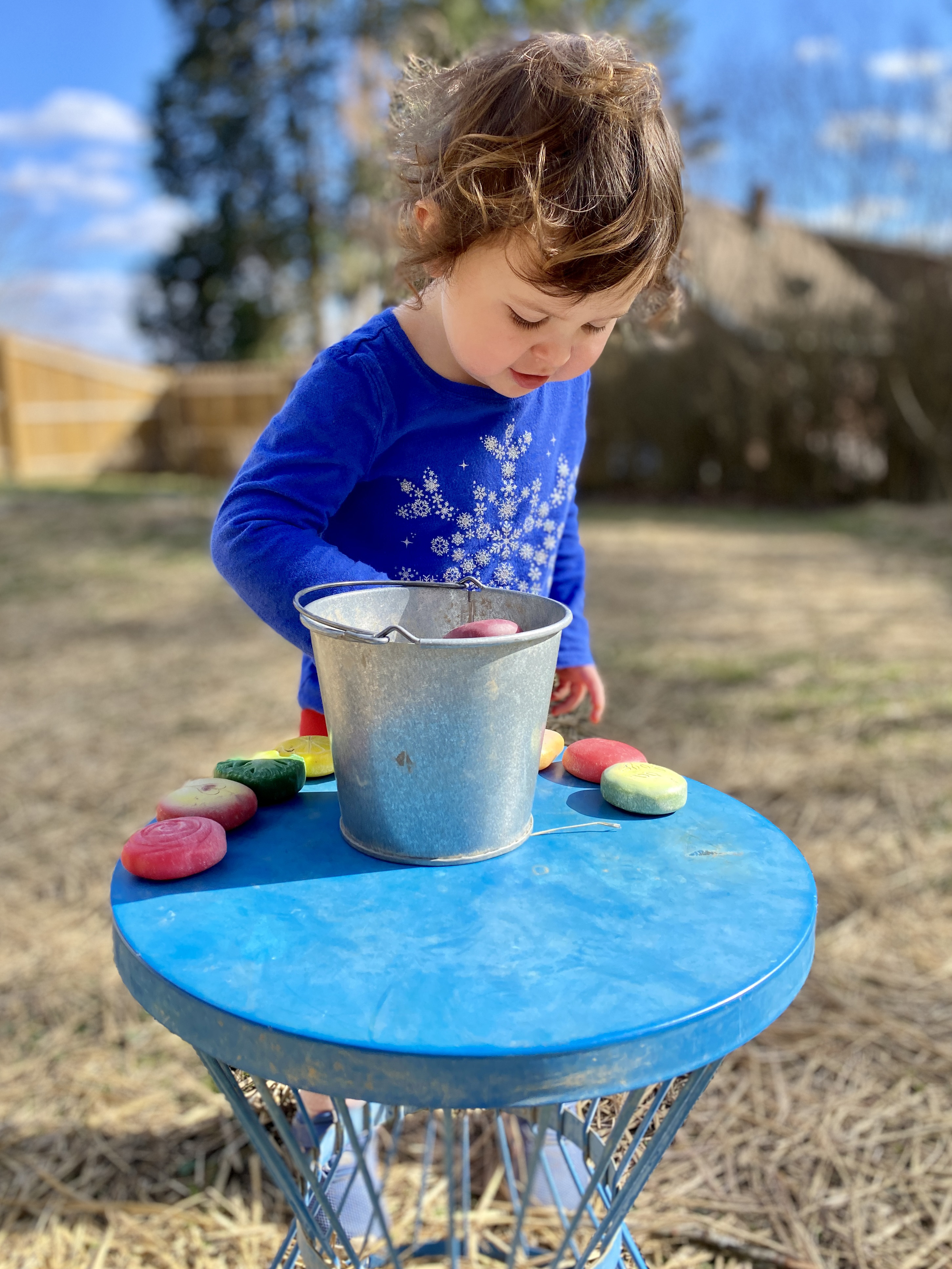 |
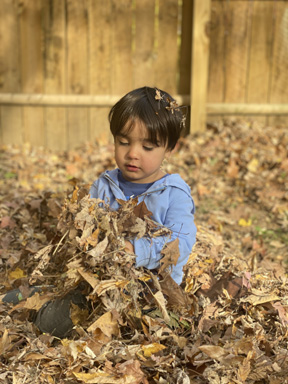 |
 |
 |
 |
 |
Philosophy
© 2025
Content and photographs are the copyright of
Jude Keith Rose
All Rights Reserved
Philosophy of Care
The philosophical approach at West Hill Educare is based on the Educaring® Approach developed by Magda Gerber under the name Resources for Infant Educarers, or RIE™, blended with the teachings of Dr. Emmi Pikler and Maria Montesori.
The Educaring Approach is a relationship-based approach rooted in a foundation of respect for children. Magda learned from Dr. Emmi Pikler about the importance of free movement, predictability of routine and to both recognize and involve children in their own care. Montessori also recognized that children learn best through purposeful "work," and encouraged skill development through independent exploration.
At WHE, we invite each child to be an active participant in their own care and offer them choices for activity. In addition to supporting individual skill development, we recognize our inclination towards interdependence and seek to foster a sense of community and belonging for our children and families.
Our day is structured with consistent routines and expectations that serve to facilitate the child’s basic sense of predictability and trust in the world. Within this context, each child gains a sense of themself as an individual while learning to negotiate socially. As they listen to and “read” other people, they learn to express their own ideas and solve problems in a kind and sensitive manner.
During the second and third years of life, young children experience incredible growth. Around the time of their first birthday, children enjoy increased mobility and are striving to master their new-found ability to walk. As the second year progresses they gain increased coordination and refinement of both large and fine motor movements. Children start to show an interest in doing things for themselves and are eager to get their hands on things and smell, taste, touch, look and listen as they manipulate items to explore their properties.
At WHE we support these great steps in development with daily observation to continually fine-tune our environment and routine. Similarly, the interested child watches us and others around them. They gain understanding and integrate information through observation of and interaction with people and the environment. Through activity and their own observation, the child's mind is engaged. At this time it is critical that they have loving, kind models to emulate.
As a social person, the one and two year-old child is eager to gain language and communicative competence. They attempt to model the language and behaviors of the adults and children they spend time with. Accordingly, we see our role as one of a model and facilitator. At WHE we model the behavior we want children to acquire and our language with children is positive and encouraging.
We choose materials that help young children gain real information. Items are presented on low, open shelves in an uncluttered manner that enables children to see clearly what is available and invites them to independently choose their activity. We encourage active children to play with passive, non-mechanical toys.
In harmony with the toddler’s passion for real work, children at West Hill Educare gain life skills and a positive sense of themselves as members of a community through participation: learning to care for themselves, each other, the classroom materials and the world around them.
